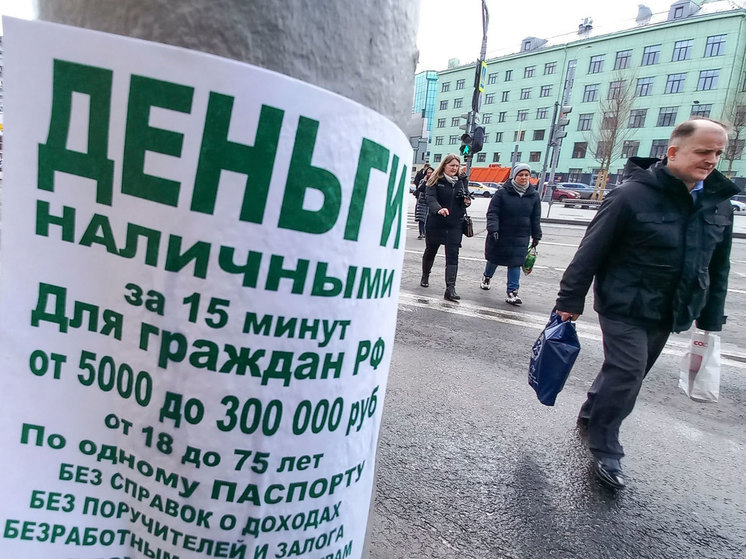«Imaginary holding», cryptocurrency and tracing
The amount of debt in Russia is going through the roof. On credit cards alone, Russians owe more than 225 billion rubles. The total amount of debts in the country from citizens and companies is already estimated at trillions of rubles. At the same time, debtors from year to year become more cunning and invent new ways to hide their property from bailiffs. For some you have to arrange a real chase.

— The Judicial Department gives us the following data: the debt of bankrupt persons in 2022 was 2.1 trillion rubles. Compared to last year, this is an increase of 1.3 times, — said a member of the constitutional committee of the Federation Council Artem Sheikin.
This amount included the debts of both citizens and companies. At the same time, the situation with the collection of these debts is not very good. As the senator emphasized, serious problems arise with the search for debtors. Often, bailiffs fail to find property that can be used to pay off debts.
— This is caused by a number of problems. Firstly, the debtor does not always report on the transactions that he conducted. Secondly, the often formal approach of arbitration managers. Lack of an available service to search for the participation of specific persons in the capital of companies. A number of difficulties with obtaining information on foreign assets, — listed Artem Sheikin.
It is extremely difficult to unwind a chain with the so-called imaginary holding & nbsp; of assets. Debtors resort to this trick in order to get property out of harm's way, which may be under arrest. Most often, valuables, cars, real estate and business shares are simply transferred to someone else. Formally, the owner of the property changes, although in fact the former owner uses it. True, as Senator Sheikin noted, the economic disputes panel of the Supreme Court has already given instructions on this matter.
— Not only the property of the bankrupt itself, but also the property of nominees on whom it is rewritten should be included in the bankruptcy estate . As we call them, imaginary owners, — explained the member of the Federation Council.
Two more popular schemes for escaping debt today – transfer of real money into cryptocurrency and the so-called tracing. It looks like this. For example, the debtor understands that soon the bailiffs will come to arrest his house. To avoid this, he gives or sells it for ridiculous money to another citizen. And he, already on the rights of a full owner, sells real estate again – now at full price. The proceeds are often transferred to bitcoins or taken offshore. The chain breaks on this, it is impossible to prove anything.
At the same time, the upper chamber notes that most often, ordinary citizens who have not become impoverished during the crisis resort to the bankruptcy of individuals. This scheme has become a great way to get out of debt for wealthy businessmen. More often than not, they choose to go bankrupt when their business is also hanging by a thread.
You have to literally chase after such debtors, — says Alexander Popelyukh, Deputy General Director of the Deposit Insurance Agency. — Most often, we are chasing after businessmen who controlled banks before bankruptcy. Moreover, they have sky-high debts.
— Now we are going bankrupt about 400 banks. We have claims for about 3.5 trillion rubles. Therefore, there is something to do, — said Alexander Popelyukh.
As the deputy head of the DIA emphasized, often debtor bankers become defendants in criminal cases. To encourage them to pay their bills, the expert suggested amending the legislation and exempting the debtor from criminal liability if he fully repays the debt.
— There were examples when the beneficiaries of banks fully repaid the debt. Paid off and as a result received a real term. It's not very motivating. Therefore, as a suggestion – to consider a legislative initiative, if the debtor completely repays his debt, to release him from criminal liability. As part of the liberalization of economic criminal legislation, this will be quite logical. And this would help everyone involved in bankruptcy, Popeliukh concluded.


